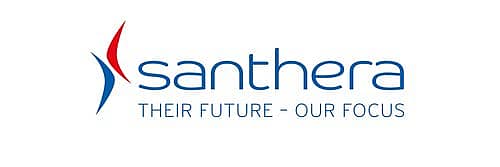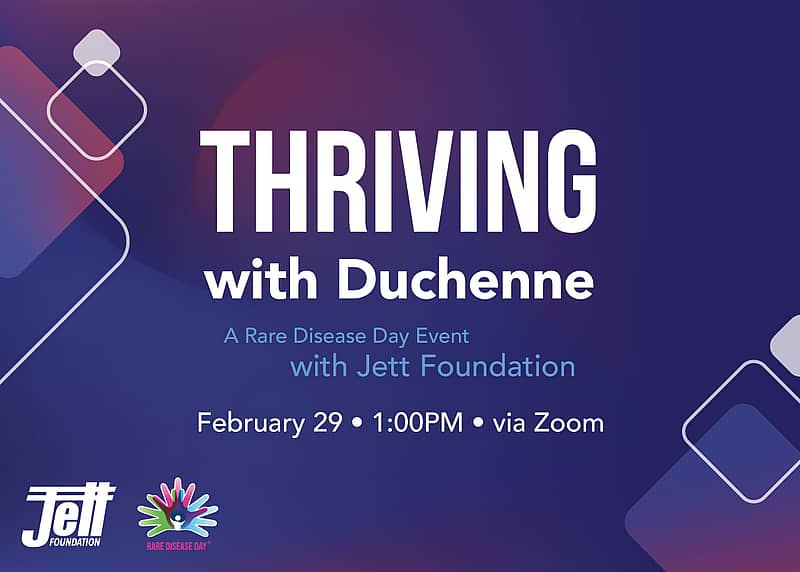
Santhera has provided an interim analysis update on its fully-enrolled SIDEROS Trial. Read more below or visit Santhera’s website for more.

SIDEROS trial interim analysis update from Santhera
Dear U.S. Duchenne community,
As you know from our previous updates, the SIDEROS clinical trial is fully enrolled and Santhera has been working with the Food and Drug Administration (FDA) and regulatory authorities in Europe to assess the potential to conduct an interim analysis of the study. We are happy to report that Santhera will proceed with conducting an interim analysis of the SIDEROS clinical trial. This letter aims to provide general education to the U.S. Duchenne community about how and why companies conduct interim analyses in clinical trials and the potential outcomes of those analyses.
What is an interim analysis?
An interim analysis in a trial is an analysis of a subset of the data that is conducted before data collection has been completed.
What needs to happen for the interim analysis to be conducted?
First and foremost, the interim analysis has to be defined in the trial protocol, including exact pre-defined criteria for the decisions that will be made based on the interim analysis. The regulatory agencies in countries where the trial is being conducted must approve conducting the interim analysis. Additionally, a company must ensure that the trial data are “clean” before proceeding with any analysis. Data cleaning involves the detection, removal, or correction of errors and inconsistencies in a database due to inaccurate entry of data and often includes visits by data monitors to each trial site.
How is an interim analysis conducted?
Most clinical trials have a separate committee called the Data and Safety Monitoring Board, or DSMB for short. This committee is composed of an independent group of clinical research experts, physicians, and statisticians in charge of monitoring the progress of the trial and reviewing data for safety and effectiveness while the trial is ongoing. It is the DSMB who conducts the interim analysis and once they have the results of the analysis make a recommendation about how to proceed with the trial. During the analysis, companies usually tries to stay blinded to the data to preserve the integrity of the study should it need to be continued.
What are the possible outcomes for an interim analysis?
There are typically two outcomes for a clinical study once an interim analysis is conducted: 1) The study continues, or 2) the study stops. A study could be stopped because the analysis finds compelling efficacy and it would be considered unethical to expose trial participants to placebo any longer than necessary. However, a study also could be stopped because the trial is deemed “futile,” or incapable of producing useful results. A third possibility is that a study would continue, and all patients would continue their participation in the study. Sometimes a study continues with modifications, such as a change in dose, study size, or inclusion criteria.
What does an interim analysis mean for trial participants?
If an interim analysis shows compelling efficacy, the DSMB would likely recommend for the company to discontinue the placebo arm of the trial, unblind the study and ensure that all participants are receiving study If the DSMB recommends a company continues the study, that means each participant in the study will need to complete the full treatment period as planned. If the DSMB declares a trial futile based on the interim analysis results and sees no significant difference between the treatment and placebo groups, a trial is then typically stopped and after a last visit with their trial site, participants stop taking the drug or placebo and their participation in the trial is over.
What does it mean if a study continues as planned after an interim analysis?
If a DSMB recommends to continue a study as planned after an interim analysis, it means that the assumptions made when designing the study were correct. If the DSMB does not make recommendations to change the study in any way, this is usually viewed as a positive step to accomplish the study objectives.
What is “compelling efficacy” in an interim analysis?
Compelling efficacy means that the strength of evidence of a treatment difference between the placebo and treatment groups is sufficient for the Data Safety Monitoring Board (DSMB) to recommend to stop a study early. There is a pre-determined set of statistical criteria for stopping a study for futility or compelling efficacy. This pre-determined stopping criteria for an interim analysis is a much higher bar than the hurdle to achieve positive results for a fully completed trial. Interim analyses do not suggest or guarantee efficacy results or regulatory approval of any investigational drug.
How do trial participants learn about the results of the interim analysis?
Pharmaceutical and biotechnology companies that are publicly traded are governed by strict regulations that dictate how companies release information that may have an impact on the value of the company or stock prices. This includes the release of clinical trial results and interim analyses. Typically, the results of an interim analysis are distributed by way of a press release as soon as possible after the DSMB recommendation has been made. Federal guidelines typically restrict a company’s ability to notify the trial participants or physicians before issuing a press release.
Please know that Santhera is committed to ensuring that the DMD community and the families participating in the SIDEROS clinical trial have access to the DSMB recommendations and potential implications of that data as soon as possible following the release of the interim analysis results. Please note that very little data will be available at the time of the announcement of the interim analysis results and DSMB recommendation and that it will take time to analyze the full data set should the study be stopped. Should the study be continued, no data will be available before the end of the study in 2021.
In closing, we would like to take this moment to express our deep appreciation to the participants in the SIDEROS trial and all of the families that support them. Your commitment to the study, even in the midst of a global pandemic, has been nothing short of remarkable. It is because of you that the possibility exists to expedite the timelines to answer important questions regarding the efficacy and safety of this potential therapy. As a company, Santhera is unyielding in our pursuit of treatments to slow the progression of Duchenne muscular dystrophy.
On behalf of Santhera, we will continue to keep you posted on our progress.
With warm regards,
Dario Eklund
Chief Executive Officer
Jodi Wolff
Head of Patient Advocacy – U.S






